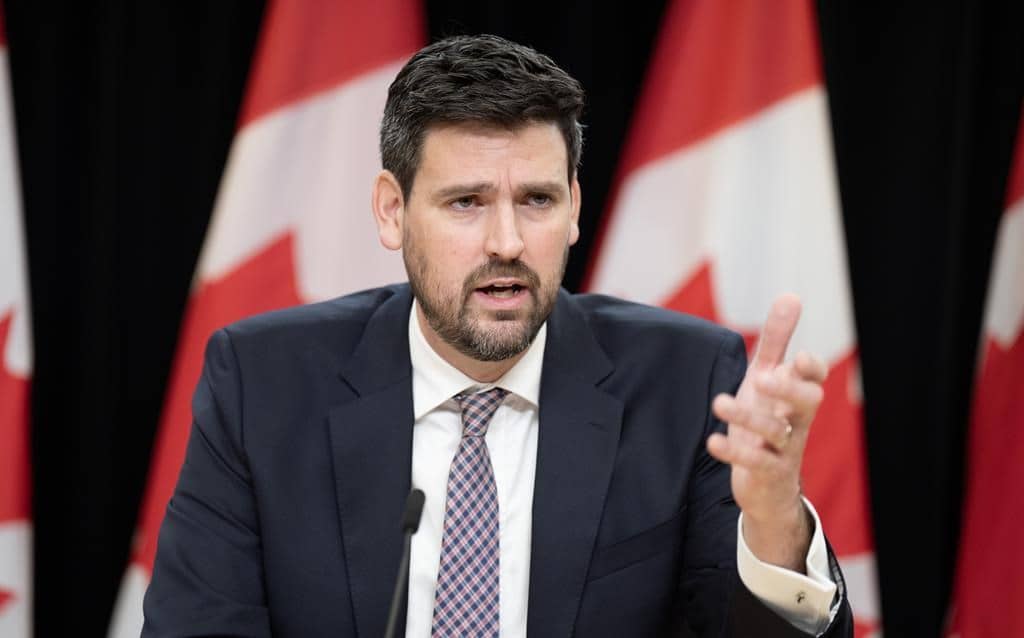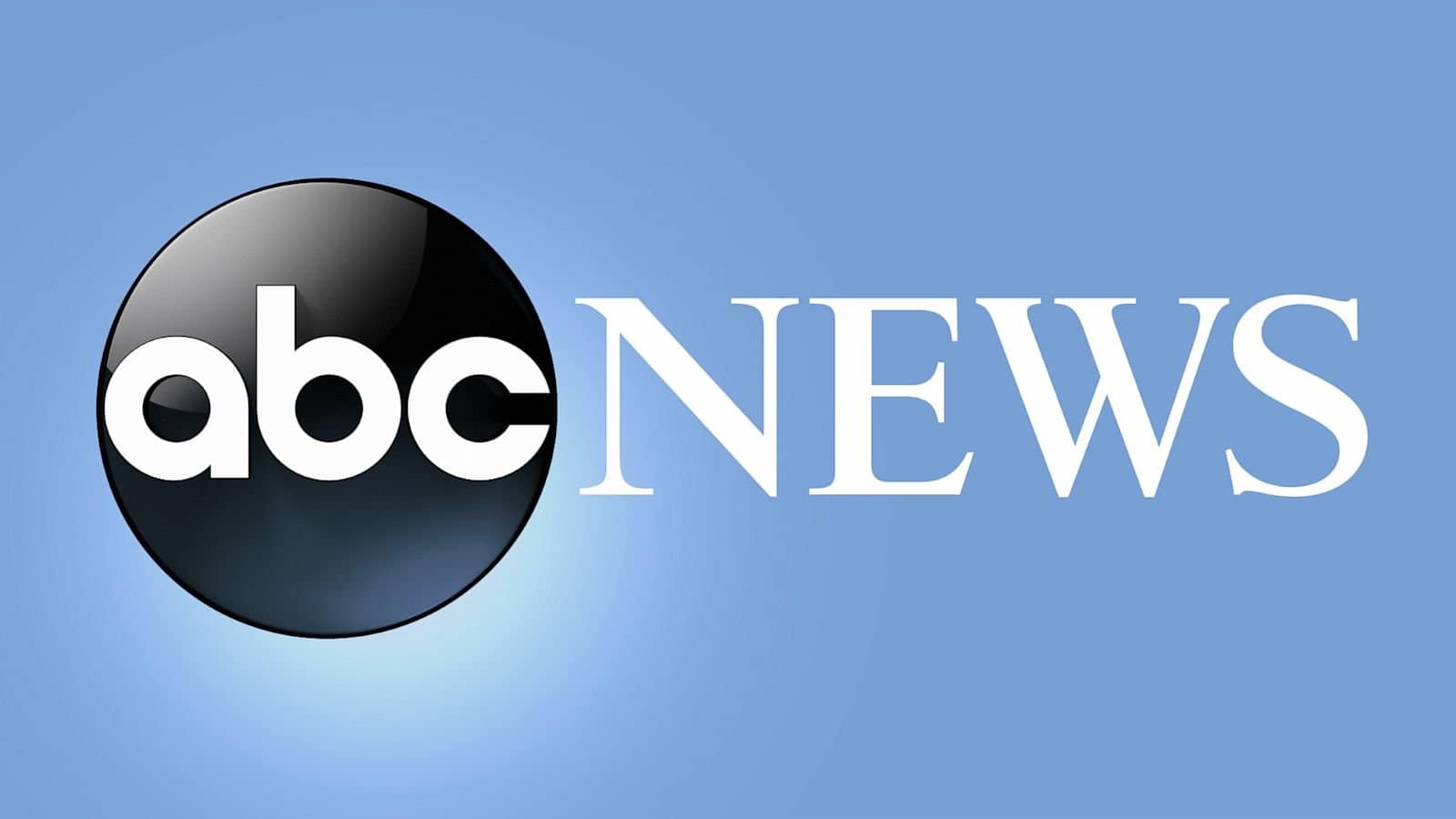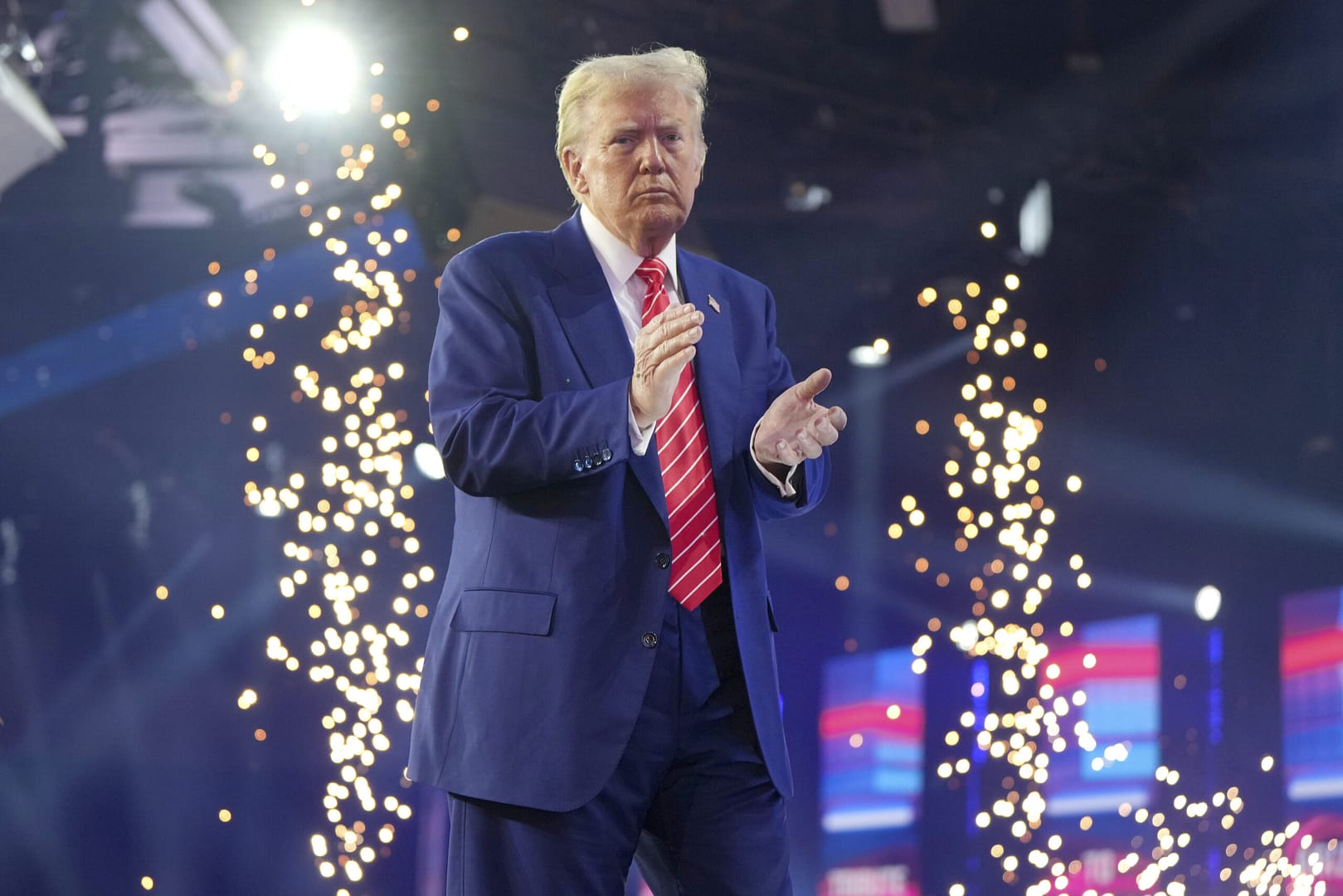Current and former Democratic party authorities, both French and English speakers, say the second Liberal leader replacing Prime Minister Justin Trudeau may be fluent. ” In my opinion, it’s important for the head of the Democratic party to communicate both recognized languages”, said past Housing minister Sean Fraser, who announced in December he did not work for re-election in his Nova Scotia riding. It’s impossible to get a good leader of the Democratic party or a good leader of the celebration if a head doesn’t understand the realities facing linguistic minority and the populations of Quebec while well,” said Fraser, who is taking European courses to strengthen his European. Although Manitoba’s Kevin Lamoureux stated that he would not support a candidate who is not bilingual and that he would feel “very unpleasant” if his party “elects someone who is not bilingual,” he added that he would not vote for a candidate who is not bilingual.
Democratic Party sets new rules for management processOn Thursday, the Democratic party said a new chief would be announced March 9, giving prospective candidates only two weeks to determine whether to get the part. The new group manager would face Mainland head Jagmeet Singh and Conservative leader Pierre Poilievre, both of whom are fluent in French, with a national election looming after Trudeau’s resignation as party leader. Former B.C. leading Christy Clark and former Bank of Canada government Mark Carney are both considering running, while former Montreal MP Frank Baylis and Nepean, Ont., MP Chandra Arya have both publicly confirmed their intentions. Arya has downplayed the fact that he doesn’t talk French, rekindling calling for a fluent condition. In an interview with CBC/Radio-Canada, Arya said that mastery of the language is a secondary issue for Quebecers, who, in his judgment, are far more interested in the person being able to “deliver” .However, some elected officials in Quebec were quick to respond that the next leader had master Canada’s two official languages. The head” will definitely have to be bilingual. It’s a problem of admiration and beliefs. On the X, Democrats ‘ Quebec lieutenant Jean-Yves Duclos wrote,” It’s also crucial to increase our odds of winning the next election. On the same social media platform, Gatineau MP Steven MacKinnon, who is considering a bid to achieve Trudeau, said it is” important” that the Liberal leader become fluent. ” Language means appreciating the French point in Canada, appreciating Quebec as a whole and all communities in the country, whether they are French-speaking or English-speaking”, said MacKinnon, Employment, Workforce Development and Labour Minister. Trending Then
‘ Slender Man ‘ strangler to been freed from medical clinic
Ruby Franke’s girl opens up more about her family’s abuse
Ex-Liberal planners also shared similar perspectives. Sandra Aubé, Foreign Affairs Minister Mélanie Joly’s past chief of staff, said in an exam that mastery of French is “inescapable”, “non-negotiable” and part of the “very DNA of the group”. ” If there were a president who spoke little or no French in an upcoming election plan, he or she would be inevitably faced with significant challenges in Quebec, at the very least. And thus, it may affect the Liberals ‘ effect overall”, said Aubé, who presently works for TACT, an organization that provides government and public relations services. Announcing on Friday that she would not put her helmet in the circle, Joly added that,” as a Quebecer and a francophone”, it seemed “obvious” to her that the future president may be able to communicate both French and English. Ex-Liberal strategist Greg MacEachern, now president of lobbying firm KAN Strategies, agreed:” Whoever the leader is, he or she should be bilingual, period “.Traditionally, Liberal leaders alternated between Quebec and the rest of Canada, MacEachern added. ” I think the key point is that the province of Quebec is really important to the Liberal party, to the Liberal party’s chances right now”, he said. For François Rocher, professor emeritus of political science at the University of Ottawa, Arya’s argument that francophones are primarily looking for effective, accountable government is “fallacious and asymmetrical”. ” Imagine a unilingual francophone candidate raising the same argument”, he said. The candidate “would immediately be derided in the rest of Canada, including by unilingual English candidates who wouldn’t be able to reach 75 % of the population” said the candidate.



